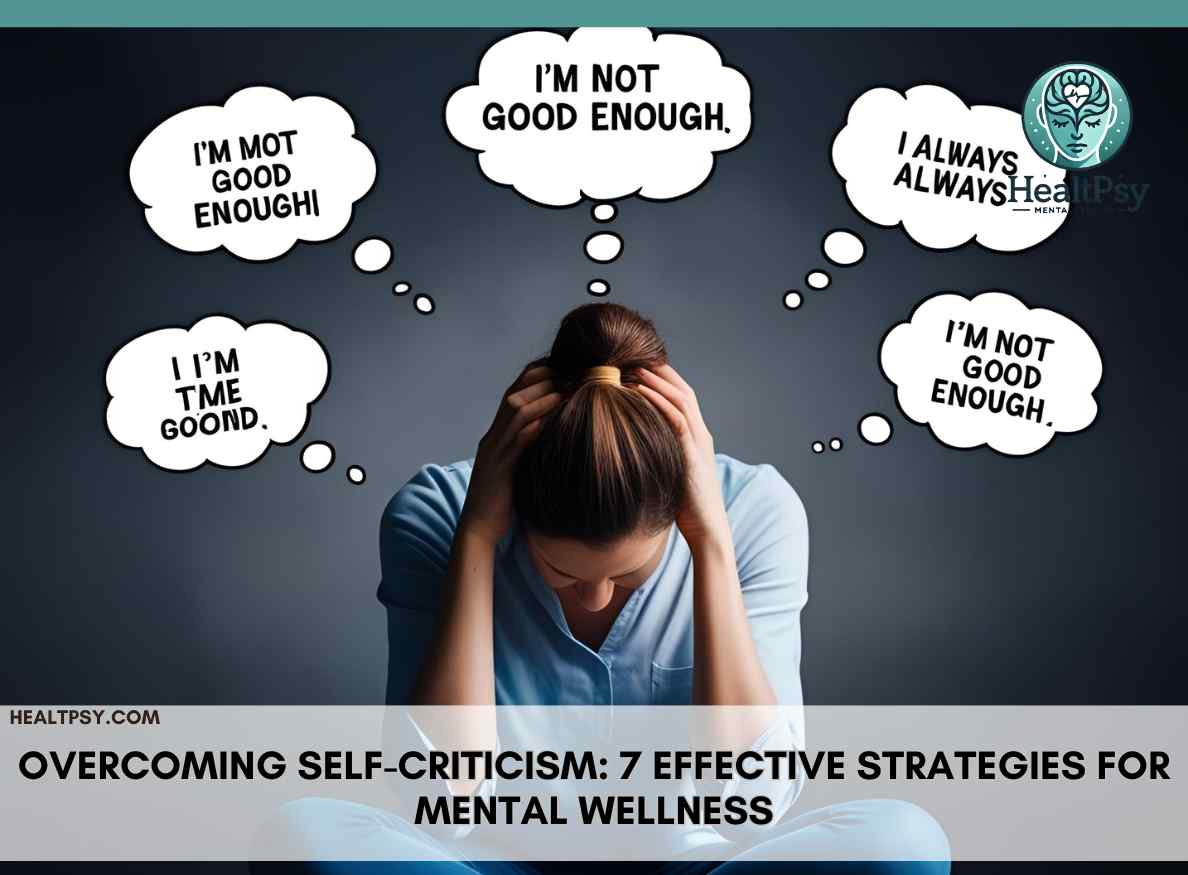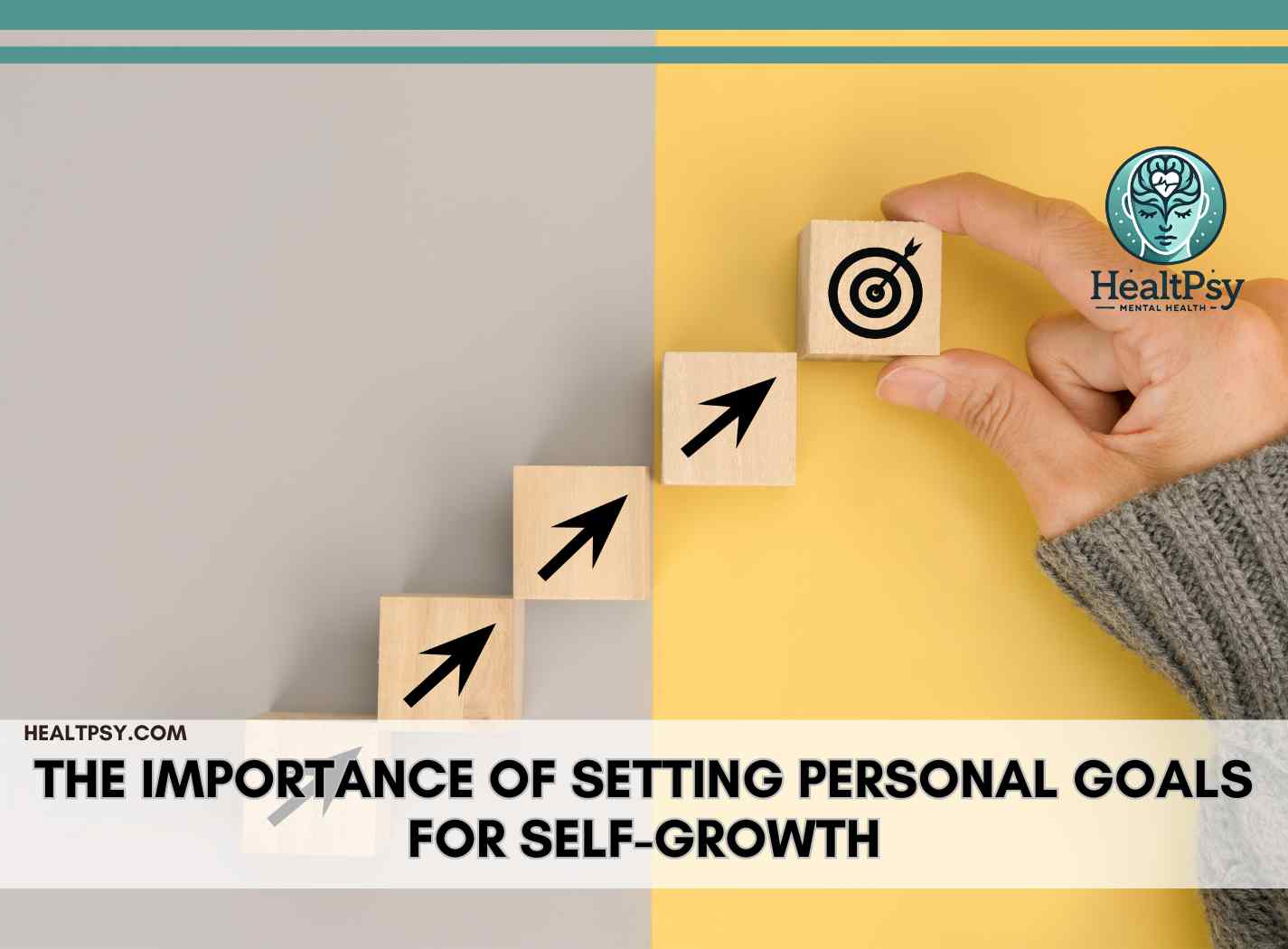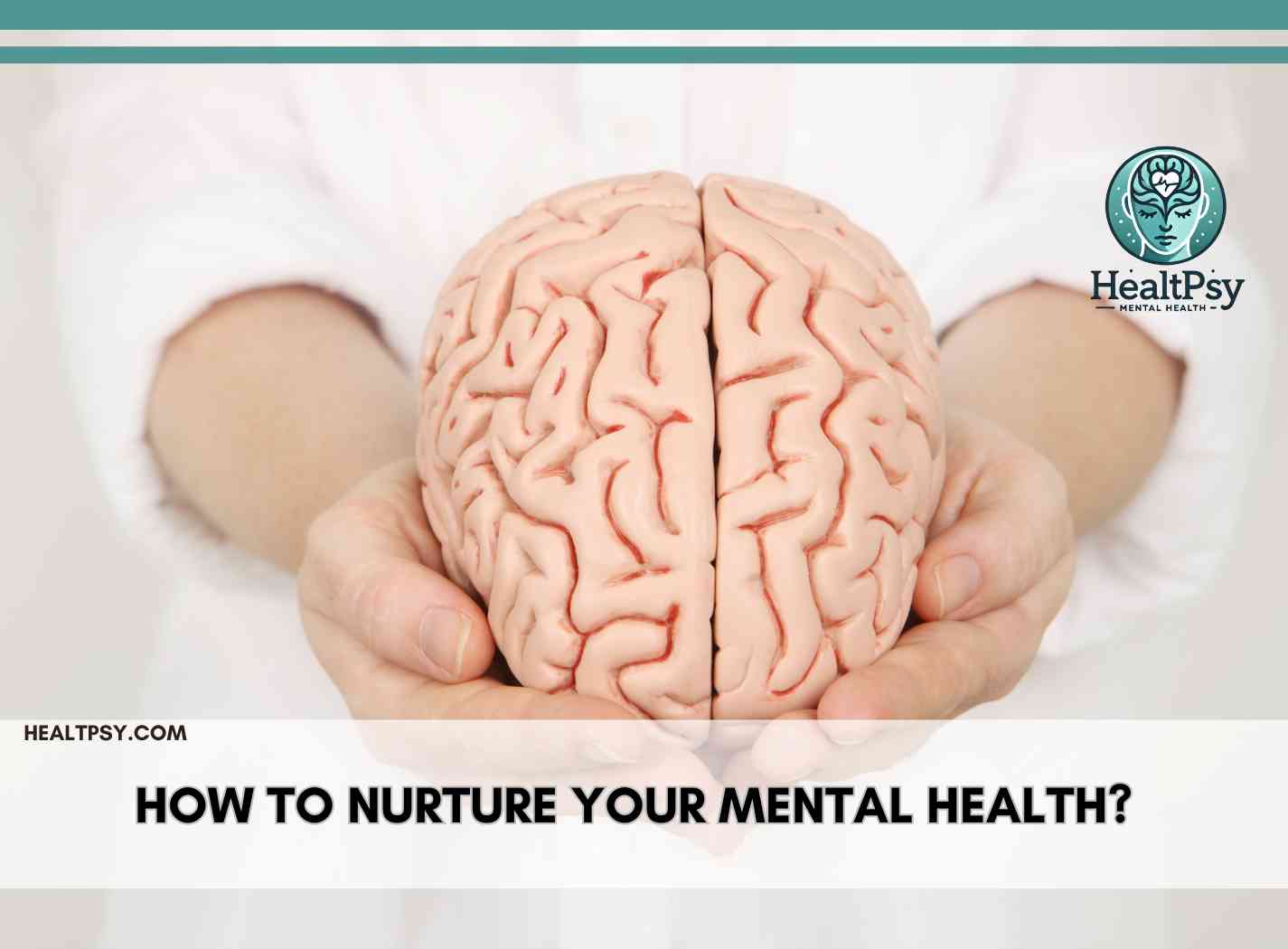Overcoming Self-Criticism: 7 Effective Strategies for Mental Wellness
🚀 7 Powerful Strategies to Overcome Self-Criticism and Boost Mental Wellness
Introduction
Self-criticism is a deeply ingrained habit where individuals continuously judge and blame themselves, often excessively. This negative self-talk can lead to anxiety, depression, low sf-esteem, and emotional distress. While constructive self-reflection is essential for growth, excessive sf-criticism becomes detrimental to mental well-being.
This comprehensive guide explores:
✅ What self-criticism is and its psychological impact.
✅ Common signs of self-criticism.
✅ Root causes behind self-critical behavior.
✅ 7 proven strategies to overcome self-criticism and foster self-compassion.
📌 For more mental health resources, visit our section on Psychological Support and Therapy.
What Is Self-Criticism?
Sf-criticism refers to the internal dialogue where individuals harshly evaluate themselves, often focusing on perceived flaws and mistakes. Unlike constructive criticism aimed at improvement, self-criticism is often irrational, leading to emotional harm rather than growth.
📌 Learn more about psychological disorders in Common Psychological Disorders and Their Symptoms.
🔗 External Source: American Psychological Association – Self-Criticism (DoFollow)
Signs of Self-Criticism
Individuals struggling with self-criticism may exhibit:
✔ Negative self-talk – Constantly blaming themselves for minor mistakes.
✔ Perfectionism – Setting unrealistic standards and feeling inadequate when failing to meet them.
✔ Low self-esteem – Feeling unworthy or not good enough.
✔ Social withdrawal – Avoiding social interactions due to feelings of inferiority.
✔ Chronic guilt – Holding onto past mistakes and feeling persistently guilty.
🔗 External Source: Harvard Health – The Dangers of Self-Criticism (DoFollow)
Causes of Slf-Criticism
1. Childhood Experiences
✔ Strict parenting, excessive criticism, or lack of positive reinforcement can instill self-critical tendencies.
2. Social and Cultural Pressures
✔ Unrealistic societal standards and comparisons, especially through social media, fuel self-doubt.
3. Perfectionism and High Expectations
✔ Striving for perfection often leads to self-blame when falling short.
4. Traumatic Experiences
✔ Past trauma or bullying can contribute to chronic sf-criticism.
📌 For insights into childhood mental health, explore Mental Health for Children and Adolescents.
The Psychological Impact of Self-Criticism
Prolonged slf-criticism can lead to:
✔ Depression and anxiety due to constant negative self-evaluation.
✔ Low sf-esteem and feelings of worthlessness.
✔ Social isolation resulting from fear of judgment.
✔ Physical symptoms like fatigue, sleep disturbances, and chronic stress.
📌 For managing depression, visit Managing Depression: Symptoms, Causes, and Treatment Methods.
🔗 External Source: National Institute of Mental Health – Self-Criticism and Depression (DoFollow)
7 Powerful Strategies to Overcome Self-Criticism
1. Practice Sf-Compassion
✔ Replace negative self-talk with kind and encouraging words.
✔ Treat yourself with the same kindness you would offer a friend.
2. Challenge Negative Thoughts
✔ Identify negative thoughts and question their validity.
✔ Use Cognitive Behavioral Therapy (CBT) techniques to reframe them positively.
3. Set Realistic Goals
✔ Break tasks into smaller, manageable steps.
✔ Celebrate small achievements to build confidence.
🔗 External Source: American Psychological Association – Goal Setting (DoFollow)
4. Seek Professional Help
✔ Therapy can help address the root causes of sf-criticism and develop healthier self-perceptions.
✔ CBT, mindfulness-based therapy, and psychodynamic therapy are effective treatments.
📌 For therapy options, visit Psychological Support and Therapy.
🔗 External Source: BetterHelp – Online Therapy (DoFollow)
5. Build a Support System
✔ Surround yourself with supportive friends and family.
✔ Join support groups or mental health communities.
📌 Read more on social support in The Impact of Social Support in Preventing Psychological Disorders.
🔗 External Source: Mental Health America – Support Networks (DoFollow)
6. Engage in Positive Activities
✔ Pursue hobbies, physical activities, and relaxation techniques to enhance mental well-being.
✔ Exercise improves mood by releasing endorphins.
📌 Discover the benefits of exercise on mental health in The Role of Exercise in Mental Health.
🔗 External Source: Mayo Clinic – Exercise and Stress Relief (DoFollow)
7. Practice Gratitude and Positivity
✔ Maintain a gratitude journal to shift focus from failures to successes.
✔ Reflect daily on positive aspects of life and personal strengths.
Conclusion
Sf-criticism can severely impact mental health, but with the right strategies—such as self-compassion, realistic goal-setting, therapy, and social support—individuals can cultivate a healthier self-image and improve their well-being. Remember, overcoming self-criticism is a journey, not a destination.
📌 For more resources on managing psychological stress, visit Managing Psychological Stress.
you might also like





